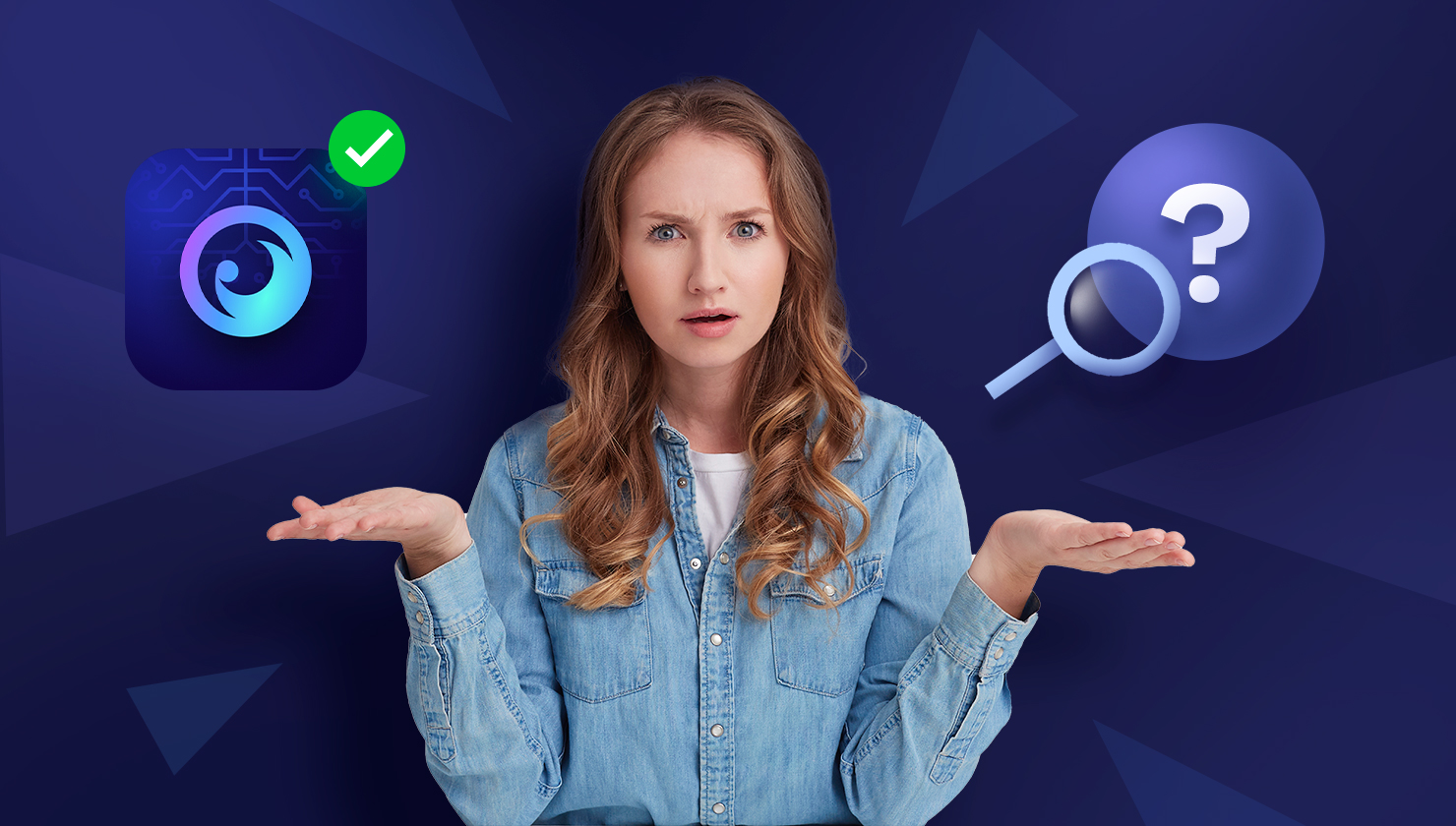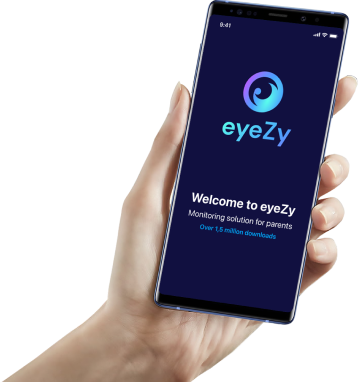

網路欺凌是美國日益嚴重的問題。每年都有更多的兒童和青少年成為網際網路騷擾和虐待的受害者。即使孩子從未成為網路欺凌的目標,他們也可能曾目睹某人在網路上被欺凌。
據了解,每 10 名兒童中就有 7 名在 18 歲前曾遭受網路欺凌。網路欺凌最常發生在流行的社交媒體平台上,例如 Facebook 和 Twitter。
這意味著越來越多的兒童成為受害者,因為儘管被欺凌的風險很高,但社交媒體使用者的數量卻急劇增加。
目錄
網路欺凌的性質
 網路欺凌類似於傳統的欺凌,涉及對現實生活中的另一人進行語言和身體騷擾或羞辱。網路欺凌只能以書面形式或透過視訊進行,因為犯罪者可能與受害者相隔數里之遠。
網路欺凌類似於傳統的欺凌,涉及對現實生活中的另一人進行語言和身體騷擾或羞辱。網路欺凌只能以書面形式或透過視訊進行,因為犯罪者可能與受害者相隔數里之遠。
Ditch the Label 對網路霸凌的定義如下:
網路欺凌是指使用數位技術意圖冒犯、羞辱、威脅、騷擾或虐待他人。
雖然有些向他人傳送攻擊性評論和訊息的人不認為自己是網路霸凌者,但實際上他們就是網路霸凌者。任何人只要做出以下行為,就會成為網路欺凌者:
- 在網路上騷擾他人;
- 嘲諷、羞辱或使他人尷尬;
- 冒充他人;
- 威脅要傷害或殺害他人的身體;
- 在線上跟蹤別人;
- 散佈基於種族、性取向或性別的仇恨;
- 鼓勵他人進行仇恨犯罪。
不幸的是,網路欺凌不只是天真的兒童遊戲。它通常會帶來相當嚴重的後果,從受害者脆弱的情緒狀況開始,到他們因自殺而死亡為止。
在美國大多數州,此類行為都被視為犯罪,相關的網路欺凌法律表示了懲罰。
什麼是聯邦網路霸凌法?
網路欺凌本身並非犯罪,聯邦也沒有針對網路欺凌的法律。但是,如果涉及禁止的行為,例如威脅使用暴力、分享露骨內容、散佈兒童色情、纏擾或文化/宗教/性仇恨,則可視為騷擾,並根據聯邦民權法進行判決。
根據美國的網路欺凌法律,某些網路欺凌案件屬於騷擾或虐待的相關法規。這意味著特定案件可能會在民事法庭審結,或因屬於《電腦欺詐與濫用法》(Computer Fraud and Abuse Act,CFAA)的罪行而受到刑事指控和起訴。
如果網路欺凌涉及本文前面所述的任何活動,則需要向當地執法部門報告。
哪些州有反網路欺凌法?
美國各州對於同一主題的法律可能會有所不同,網路欺凌法律也不例外。各州對於網路欺凌及其結果都有自己的規定。
因此,各州對網路欺凌的處罰也不盡相同。尤其是,對欺凌者的處罰從停學到將他們送進監獄不等。
您可以 尋找地圖 在美國政府的官方網站 StopBullying.gov 上強調各州的網路欺凌法律。
如果您或您的孩子遭遇網路欺凌,您可以立即向當地執法部門報告。我們建議您諮詢您所在州的法律,以瞭解在您所在的地區,究竟哪些行為會被視為與網路欺凌相關的犯罪。
如何防止我的孩子受到網路欺凌?
 許多孩子為了避免反應過激,會向父母隱瞞他們的線上行為。這意味著您可能很長一段時間都不知道您的孩子受到欺凌(或者是欺凌者)。但是,如果您知道您的孩子在網路上做什麼,您就可以識別網路欺凌。
許多孩子為了避免反應過激,會向父母隱瞞他們的線上行為。這意味著您可能很長一段時間都不知道您的孩子受到欺凌(或者是欺凌者)。但是,如果您知道您的孩子在網路上做什麼,您就可以識別網路欺凌。
要瞭解孩子數位環境中的情況,其中一個行之有效的方法就是在手機上安裝家長監控應用程式。有了監控工具,例如 Eyezy,家長就可以隨時瞭解孩子在社交媒體應用程式上與誰溝通。
如果您懷疑您的孩子受到網路欺凌,您可以使用 Eyezy 以獲得虐待的證據,並用來對付犯罪者。但更重要的是,家長控制應用程式可以透過限制孩子存取手機或平板電腦上的有毒網站和應用程式,幫助您防止孩子受到欺凌。
立法如何保護社群媒體使用者免受網路霸凌?
立法在保護社群媒體使用者免受網路霸凌的有害影響方面發揮著至關重要的作用。隨著網路騷擾持續增加,許多國家推出了嚴格的法律來保護個人,特別是未成年人免受數位濫用。以下是法律框架如何幫助打擊社群媒體上的網路霸凌:
1. 將網路騷擾和威脅定為刑事犯罪
許多國家已頒布法律將網路霸凌列為刑事犯罪。這些法律涵蓋發送威脅訊息、傳播虛假訊息和參與網路騷擾等行為。根據行為的嚴重程度,違法者可能面臨罰款、限制令,甚至監禁。
- 例子: 在美國,像這樣的法律 網路霸凌法 將網路騷擾定為刑事犯罪,同時 1988 年惡意通訊法 在英國,目標是威脅或辱罵性訊息。
2. 強化平台責任
立法通常要求社群媒體平台對用戶安全承擔責任。平台必須實施報告濫用行為的工具,及時刪除有害內容並保護用戶資料。
- 例子: 的 歐盟數位服務法案 (DSA) 要求平台控制有害內容並提供透明的報告機制。
- 例子: 在澳大利亞, 2021 年線上安全法 授權當局要求在 24 小時內刪除濫用內容。
三、未成年人和弱勢保護
具體法律著重於保護最容易遭受網路霸凌的未成年人。這些法律通常要求學校和家長對兒童進行網路安全教育,並要求對參與網路霸凌的青少年承擔嚴格的後果。
- 例子: 的 兒童網路隱私權保護法 (COPPA) 美國限制 13 歲以下兒童的資料收集,限制他們接觸網路風險。
4. 反誹謗和隱私權法
網路霸凌通常涉及傳播虛假或破壞性訊息。誹謗和隱私法允許受害者對損害其聲譽或侵犯其線上隱私的人採取法律行動,從而保護受害者。
- 例子: 加拿大等國家製定了打擊刑事騷擾和誹謗的法律,為受害者提供了尋求正義的途徑。
5. 強制通報和受害者支持
一些法律要求社群媒體平台和機構向執法部門報告嚴重的網路霸凌案件。此外,政府也資助支持服務,幫助受害者應對網路騷擾的情緒影響。
- 例子: 在美國,根據州反霸凌法,學校經常被要求通報霸凌事件,包括網路案件。
立法不斷發展以因應新形式的網路霸凌。透過讓個人和社群媒體平台承擔責任,法律為用戶暢遊數位世界提供了重要的保護和支援。



